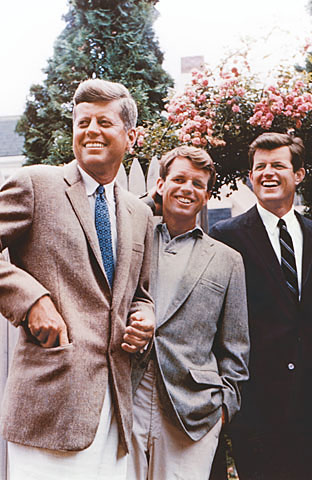Political Culture vs Political Socialization
Political culture and political socialization are connected, but they refer to two distinct concepts in political sociology. Political culture pertains to the beliefs, practices, and attitudes of people that influence their behavior in politics. Individuals behave in the political arena based on their points of view. This behavior is something that the individual acquires through socialization, known as political socialization. This article examines the differences between political culture and political socialization.
What is Political Culture?
Political culture consists of the beliefs, practices, and attitudes of people who influence their behavior in politics. Political culture plays a significant role in society because it greatly influences the people of a particular society. It changes or influences the attitudes and behavior of people. The government plays a key role in political culture, as it can change the entire political culture of a country through laws, policies, education, and campaigns. For example, political opinions can change rapidly after listening to speeches or participating in campaigns. The political culture of one country may be entirely different from another due to various practices, cultures, and traditions.
Political culture is related to citizenship, as the citizens of a country can change the political culture, just as the government or ruling party can. Academics in political science have been interested in understanding the role of the citizen within the political culture.
What is Political Socialization?
To become part of a society’s political culture, people must be socialized. This socialization process is known as political socialization. Political socialization begins in childhood, with many social agents playing different roles in the process, including family, friends, religion, media, government, historically significant events, and class.
Family is one of the most prominent agents in childhood, as the child is exposed to this environment for many hours every day. Unconsciously, the child acquires the attitudes and beliefs of their parents about politics and political stances. Religion is another agent that influences our political viewpoints through religious values and practices. In today’s world, the media has a significant influence on political socialization. This highlights that political culture and political socialization are related concepts in sociology.
What is the difference between Political Culture and Political Socialization?
• Definitions of Political Culture and Political Socialization:
• Political culture comprises the beliefs, practices, and attitudes of people that influence their behavior in politics.
• Political socialization refers to the process of becoming part of the political culture through acquiring various beliefs, attitudes, and practices.
• Relationship:
• Political socialization enables an individual to be part of the political culture.
• Sustenance:
• The political culture of a society is sustained through the effective maintenance of the political socialization process.
• Agents:
• In political socialization, various social agents such as family, government, religion, and peers influence our political attitudes, shaping the political culture.
• Mutuality:
• Just as political socialization influences the political culture, the political culture can also influence political socialization.
Key Takeaways
- Political culture refers to the beliefs, practices, and attitudes of people that influence their behavior in politics, while political socialization is the process of becoming part of the political culture through acquiring various beliefs, attitudes, and practices.
- Political socialization enables an individual to be part of the political culture, and the political culture of a society is sustained through the effective maintenance of the political socialization process.
- In political socialization, various social agents such as family, government, religion, and peers influence our political attitudes, shaping the political culture. Just as political socialization influences the political culture, the political culture can also influence political socialization.
